The evolution of car culture has been significantly influenced by social media, reshaping how enthusiasts connect, share, and innovate. With platforms like Instagram, YouTube, and TikTok, car culture has transcended geographical boundaries, creating a global community. The multifaceted role of social media in modern car culture highlights its impact on trends, industry, and community engagement.
The Influence of Social Media on Car Trends

Social media has become a powerful force in shaping automotive trends, largely driven by influencers who wield significant sway over their followers. These influencers, often with thousands or even millions of followers, share their car-related experiences, preferences, and modifications, inspiring others to adopt similar styles. For instance, the rise of the “stance” movement, characterized by lowered suspension and wide wheels, can be traced back to influential figures on platforms like Instagram and YouTube. Their curated content, often focusing on aesthetics and performance, sets the stage for what becomes fashionable in the automotive world.
In addition to influencer-driven trends, unique car modifications and customizations often go viral thanks to social media exposure. A striking example is the popularity of vinyl wraps, which allow car owners to dramatically change the appearance of their vehicles without permanent alterations. When a particularly eye-catching wrap is featured in a viral post or video, it can inspire a wave of similar designs across the globe. Similarly, custom modifications like wide-body kits or aftermarket exhaust systems can gain traction quickly, driven by the visual appeal and the aspiration to stand out in the digital space.
Hashtags and challenges also play a pivotal role in promoting car culture phenomena. Hashtags like #CarOfTheDay or #CarMods help content reach broader audiences, while challenges such as the “10-year challenge” for vehicles showcase the evolution of a car over a decade, often highlighting restoration projects or significant modifications. These digital trends foster a sense of community and competition, encouraging enthusiasts to participate and share their own automotive journeys.
Community Building and Networking

The shift from traditional car clubs to online communities has transformed the way car enthusiasts network and engage with one another. Online forums and social media groups dedicated to specific car models or brands have replaced physical club meetings, offering a platform for members to share experiences, advice, and support. Websites like Reddit and Facebook host countless car-related groups where enthusiasts from around the world can connect, regardless of location or time zone. This digital interaction allows for a more inclusive and diverse community, where knowledge and passion are shared freely.
Social media platforms also facilitate the organization and promotion of car meets and events. Through Facebook Events or Instagram posts, enthusiasts can easily organize meetups, rallies, or shows, attracting participants from near and far. The ability to reach a large audience quickly and efficiently means events can grow from small local gatherings to significant international occasions. This connectivity not only strengthens the car community but also provides opportunities for enthusiasts to showcase their vehicles and share their stories in person.
Moreover, storytelling and personal branding have become integral to community building within car culture. Enthusiasts often use platforms like YouTube or Instagram to document their automotive journeys, from the restoration of a classic car to the customization of a modern vehicle. These personal stories resonate with followers, fostering connections and inspiring others to embark on their own projects. The emphasis on storytelling allows individuals to build a personal brand within the community, gaining recognition and respect from fellow enthusiasts.
Impact on the Automotive Industry
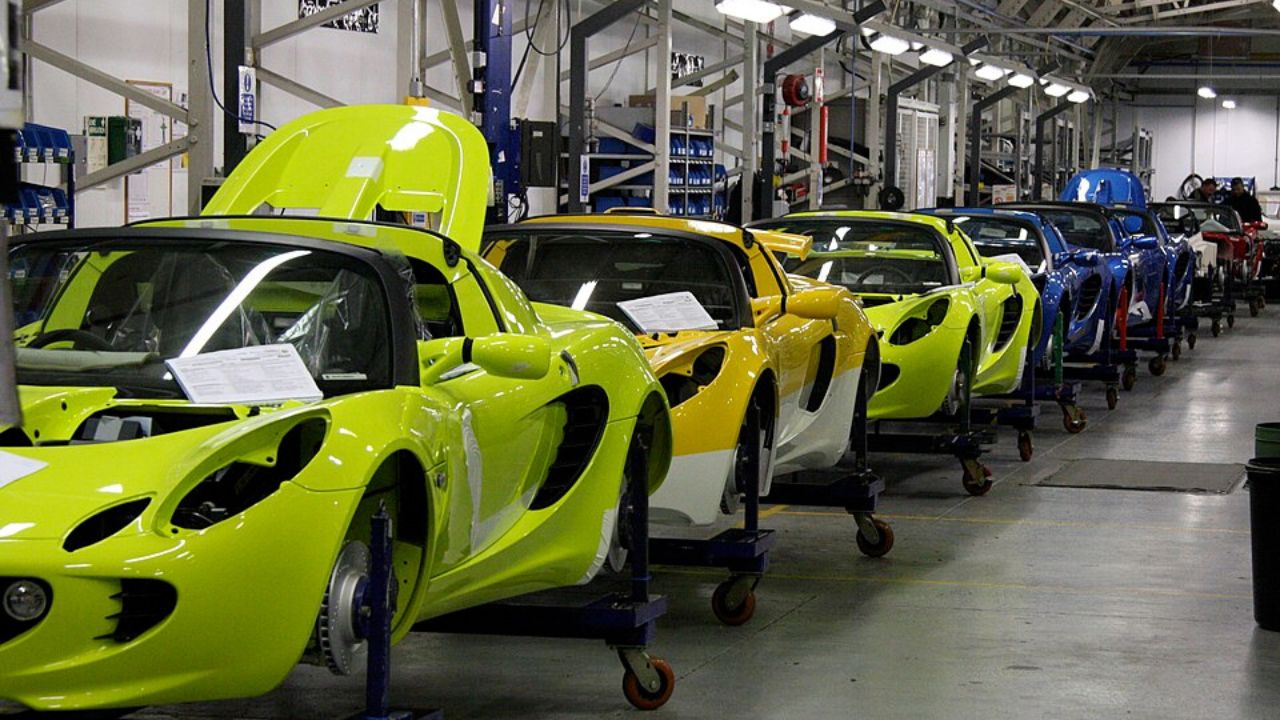
Social media has drastically changed how the automotive industry engages with consumers, offering direct lines of communication that were previously unavailable. Car manufacturers now utilize platforms like Twitter and Instagram to gather real-time feedback from their audience, enabling them to understand consumer preferences and improve their products accordingly. For example, Tesla often engages with its customer base on social media, using feedback to inform design and feature updates. This direct engagement not only enhances product development but also builds brand loyalty and trust.
Influencer partnerships have become a strategic tool for car brands looking to enhance their visibility and appeal. Collaborations with popular influencers enable manufacturers to reach specific target audiences effectively. For instance, luxury brands like Porsche or BMW may partner with influencers who embody a lifestyle that aligns with their brand values, creating content that resonates with potential customers. These partnerships often involve promotional campaigns or sponsored content, leveraging the influencer’s credibility and reach to boost brand recognition.
The shift towards digital marketing and advertising has also been notable, with car manufacturers increasingly relying on social media analytics to tailor their campaigns. Unlike traditional advertising methods, social media allows for precise targeting based on user demographics, interests, and online behavior. This data-driven approach ensures that marketing efforts are more efficient and impactful, reaching the right audience with the right message at the right time.
Education and Skill Development
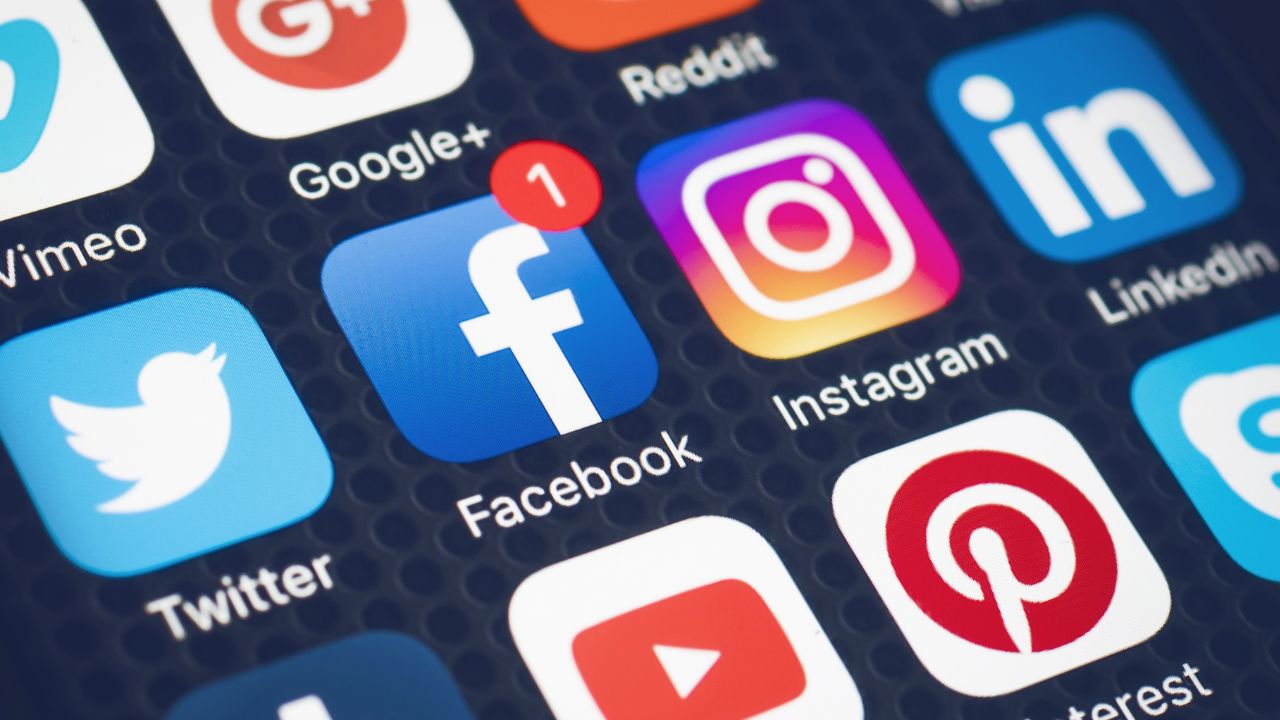
Social media platforms have emerged as valuable resources for educational content, particularly in the realm of DIY car repairs and modifications. YouTube, in particular, hosts a wealth of tutorials and how-to videos that empower enthusiasts to tackle projects ranging from simple oil changes to complex engine rebuilds. Channels like ChrisFix and Engineering Explained offer step-by-step guidance, making technical information accessible to a broad audience and fostering a culture of self-reliance and learning.
The exchange of skills and knowledge within the car community is another benefit of social media. Enthusiasts often share tips, tricks, and insights through platforms like Instagram or Reddit, creating a collaborative environment where information flows freely. This skill-sharing not only enhances individual expertise but also strengthens the community as a whole, encouraging innovation and creativity.
Access to expert advice is yet another advantage, as social media allows enthusiasts to connect with industry professionals and experts. Whether seeking advice on performance upgrades or troubleshooting mechanical issues, platforms like Twitter or LinkedIn enable direct communication with experts who can provide valuable insights. This access to expertise helps enthusiasts make informed decisions and enhances their overall automotive experience.
The Challenges and Future of Social Media in Car Culture

While social media offers numerous benefits to car culture, it also presents challenges, particularly concerning misinformation and authenticity. The ease of sharing content means that inaccurate information can spread quickly, leading to misconceptions or misguided practices. Enthusiasts must navigate these challenges by verifying sources and seeking reputable voices within the community to maintain authenticity and credibility.
Balancing online and offline interactions is crucial for fostering genuine relationships within the car community. While social media facilitates connectivity, it is essential for enthusiasts to engage in face-to-face interactions through events and meetups to build lasting bonds. This balance ensures that the digital experience complements rather than replaces real-world connections, enriching the overall car culture experience.
Looking ahead, the role of social media in car culture will likely continue to evolve alongside technological advancements. Emerging trends such as virtual reality, augmented reality, and enhanced live streaming capabilities could further enhance how enthusiasts interact and share experiences. As these technologies develop, social media will undoubtedly remain a cornerstone of car culture, driving innovation, engagement, and community growth.
Like Fast Lane Only’s content? Be sure to follow us.
Here’s more from us:
*Created with AI assistance and editor review.


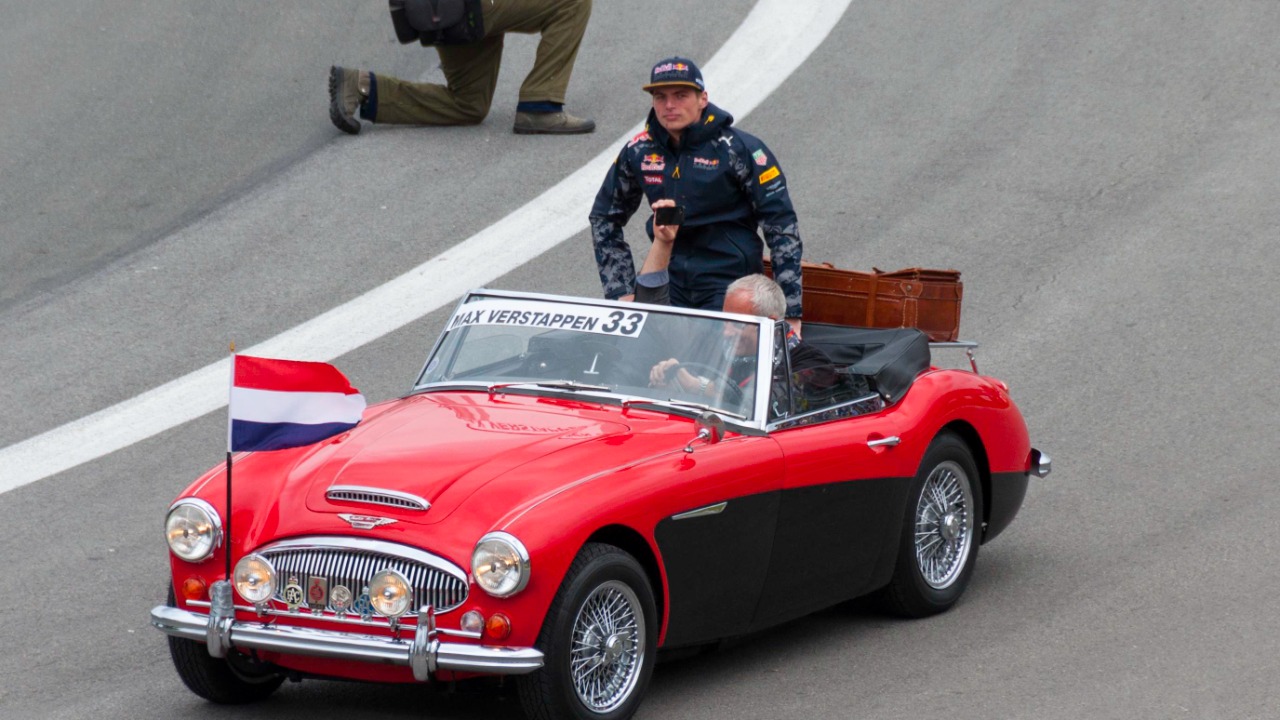
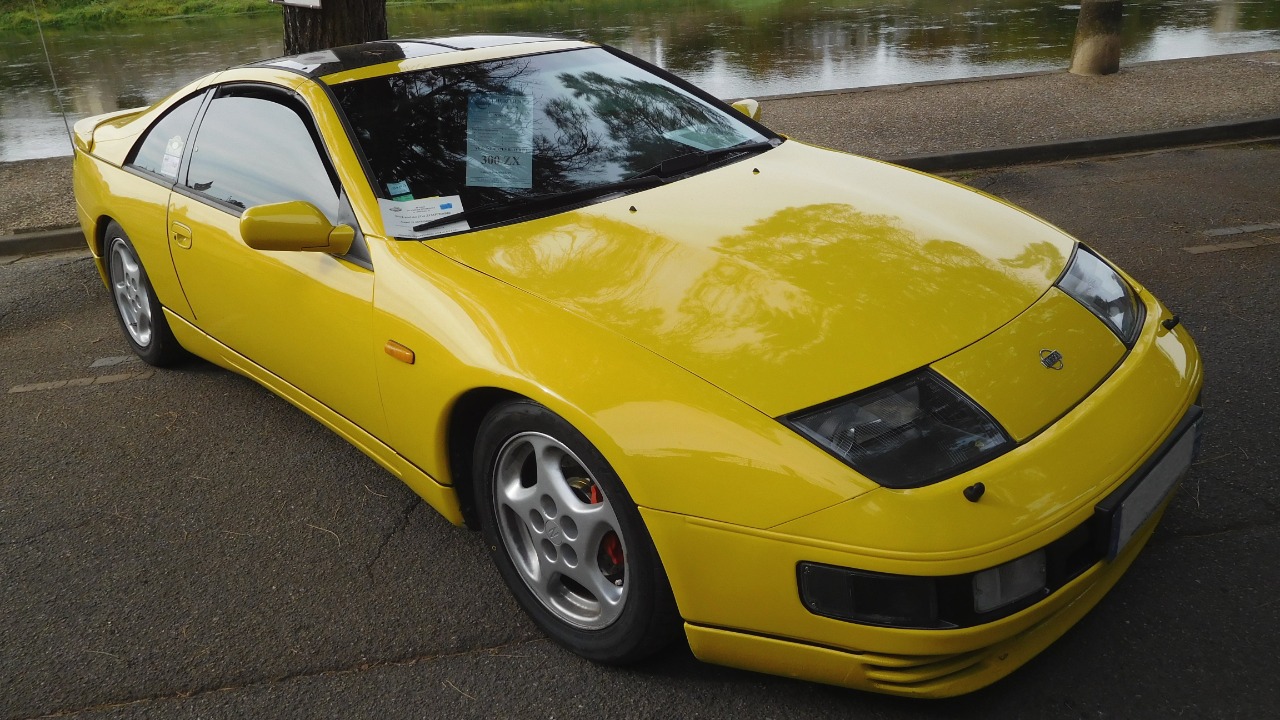
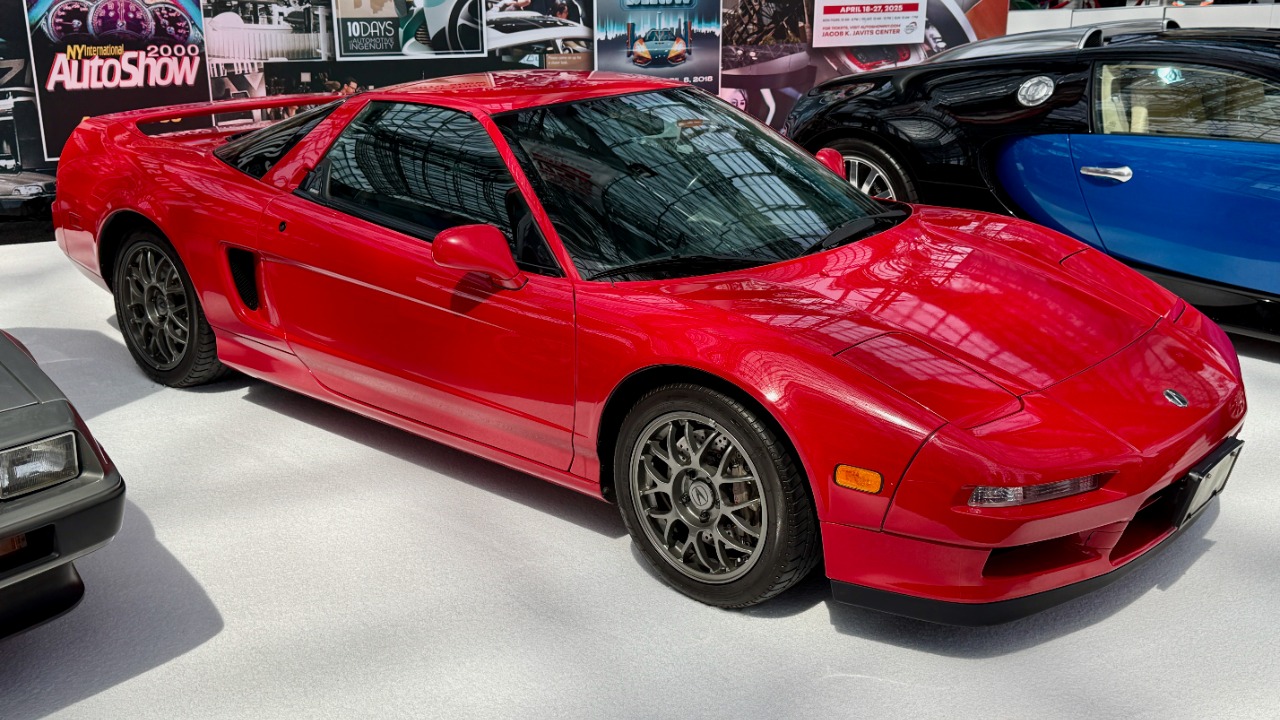
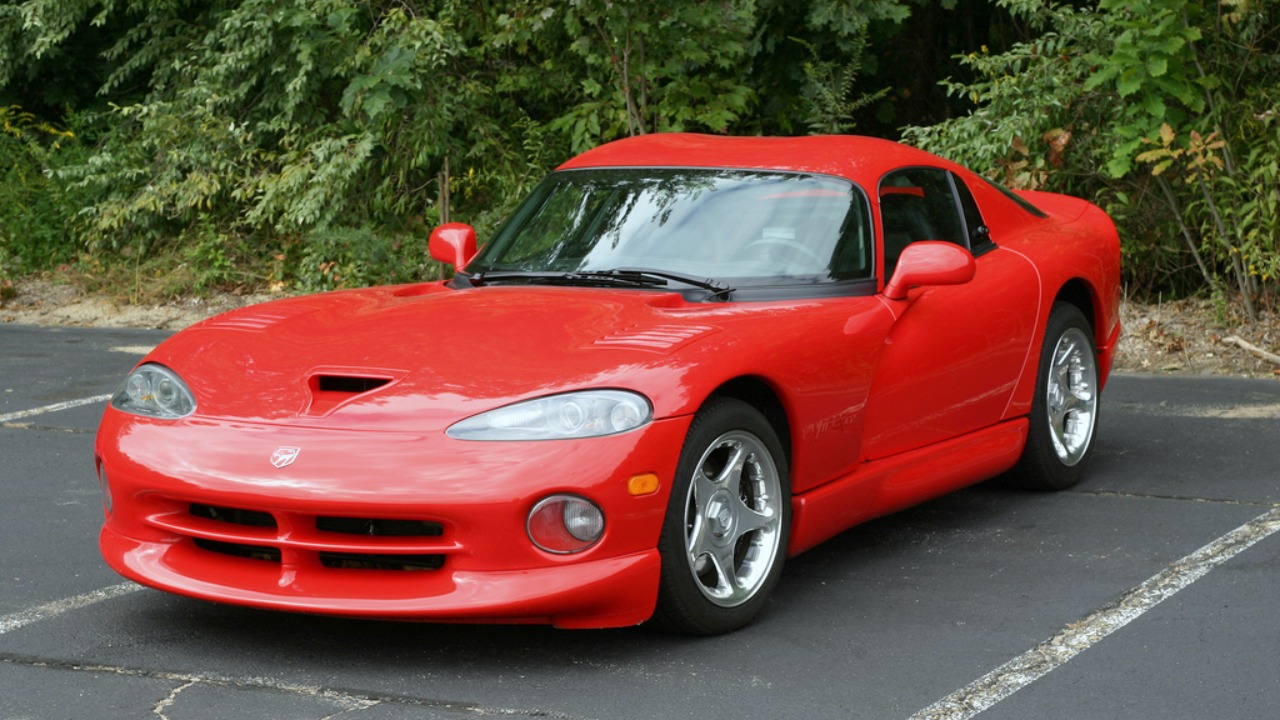
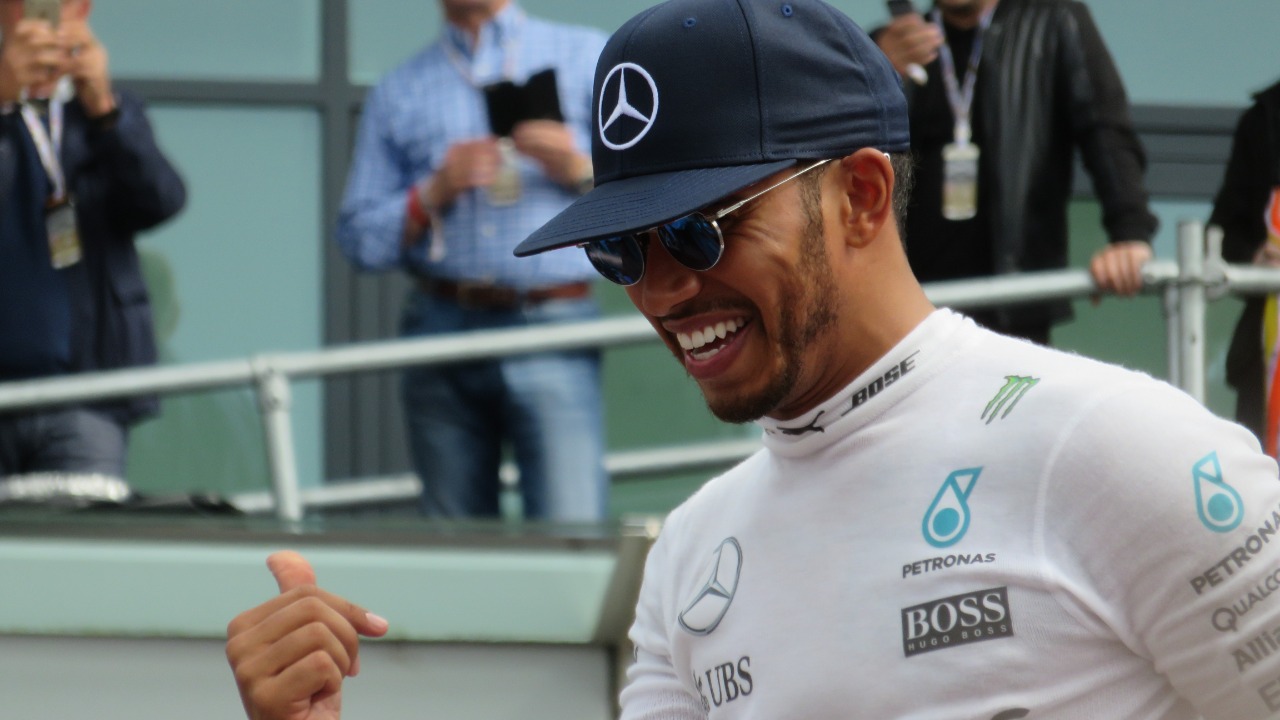
Leave a Reply